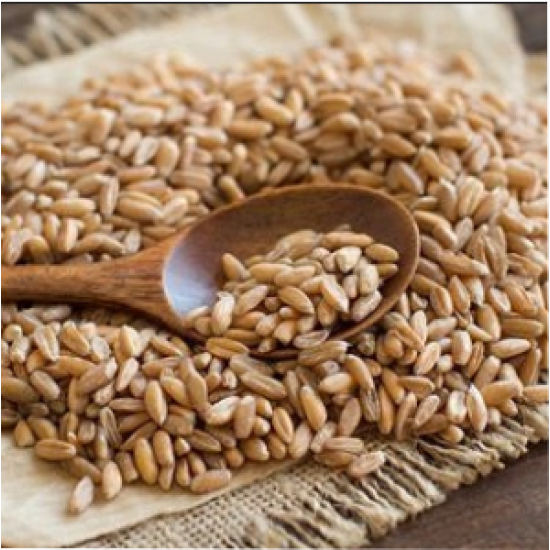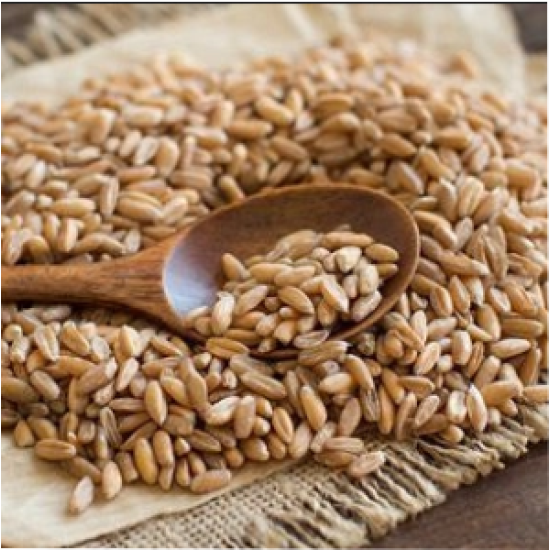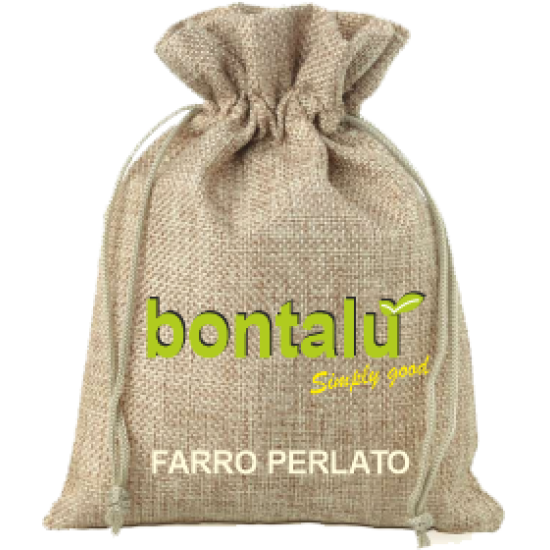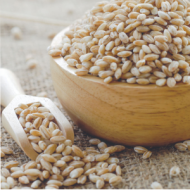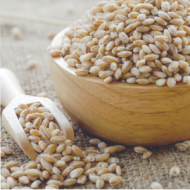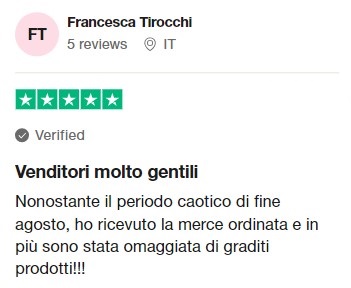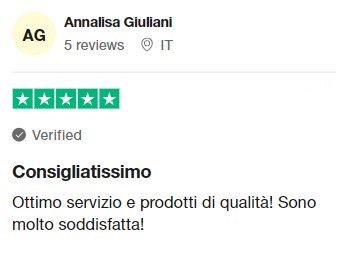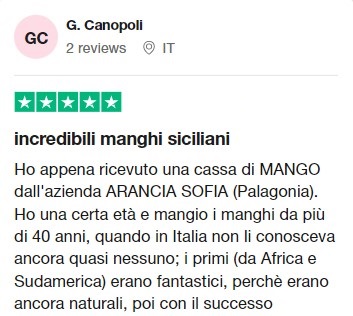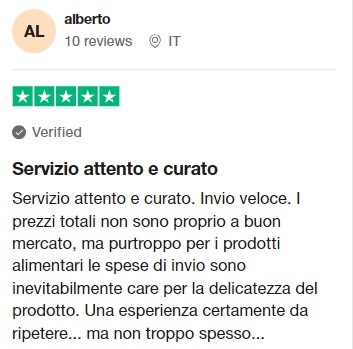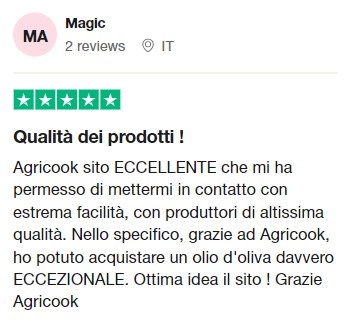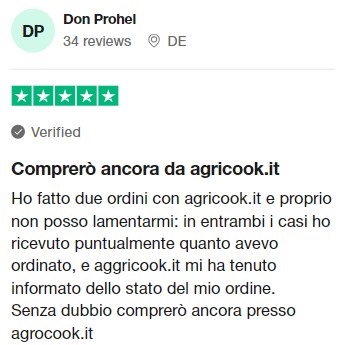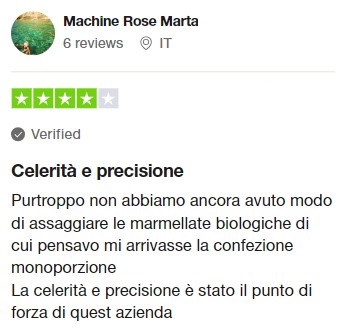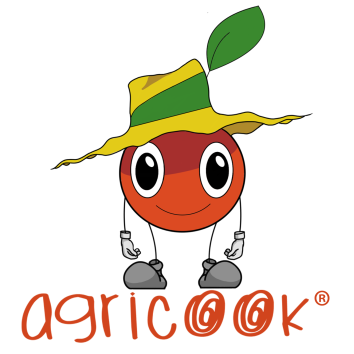AZIENDA AGRICOLA BONTALU DI POGGIO FASCIANO
I prodotti Bontalù di Poggio Fasciano partono dalla terra di questo antico borgo che incarna la quintessenza delle tenute agricole storiche toscane, con la sua bellezza intrinseca e la ricca storia che si respira nell'aria. Situata in una posizione panoramica, questa tenuta affascina per la sua maestosità e per il legame profondo con la terra circostante e la fauna che la abita.
I suoi terreni, sin dalla notte dei tempi, hanno dato vita a coltivazioni di pregio: vigne rigogliose, uliveti antichi e campi di grano e cereali che si estendono all'orizzonte, dipingendo un paesaggio che si perde lontano nella storia. Le vigne si arrampicano dolcemente lungo i pendii, dando origine a vini pregiati che raccontano la storia del territorio in ogni sorso e i cereali sapientemente coltivati vengono poi raccolti e trasformati nei tanti prodotti di Bontalù.
La tenuta è un'armoniosa commistione tra natura e architettura. Gli edifici, costruiti con pietra locale e materiali tradizionali, sono testimonianza del passato e dell'abilità artigianale dei tempi antichi reinterpretati dalla sapienza dei proprietari. Le case coloniche, le cantine e le strutture per la lavorazione dei prodotti agricoli si fondono con il paesaggio, creando un'atmosfera di genuinità e autenticità.
Al centro della tenuta, una villa signorile o un casale d'epoca, circondato da giardini curati e alberi secolari, rappresenta il cuore pulsante dell'azienda agricola. Gli interni conservano l'eleganza di un tempo, con mobili d'epoca, affreschi e dettagli architettonici che narrano storie di antiche generazioni.
Ogni angolo di questa tenuta è permeato da una sensazione di pace e tranquillità, invitando i visitatori a immergersi completamente nell'atmosfera rurale. I tramonti infuocati che dipingono il cielo sopra Poggio Fasciano rendono l'esperienza ancora più magica, offrendo uno spettacolo visivo che si mescola con la storia e la bellezza della tenuta.
scopri di più
riduci
